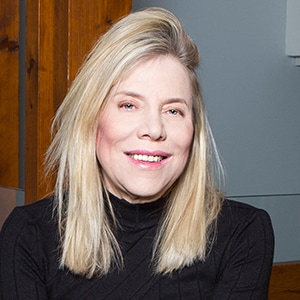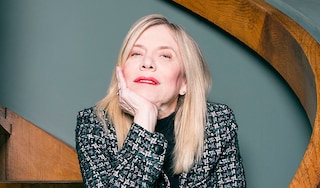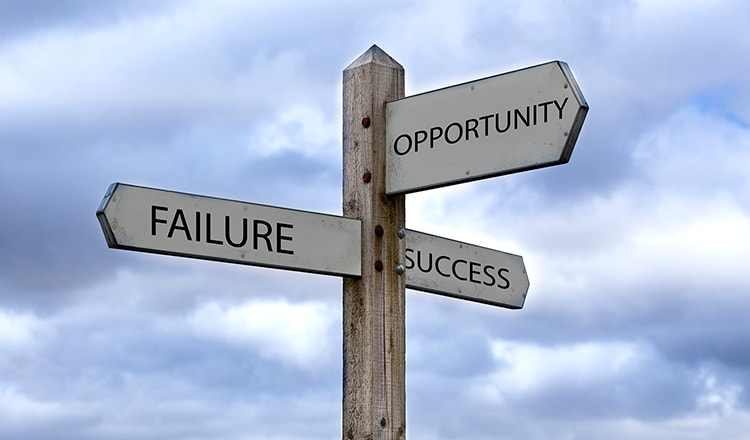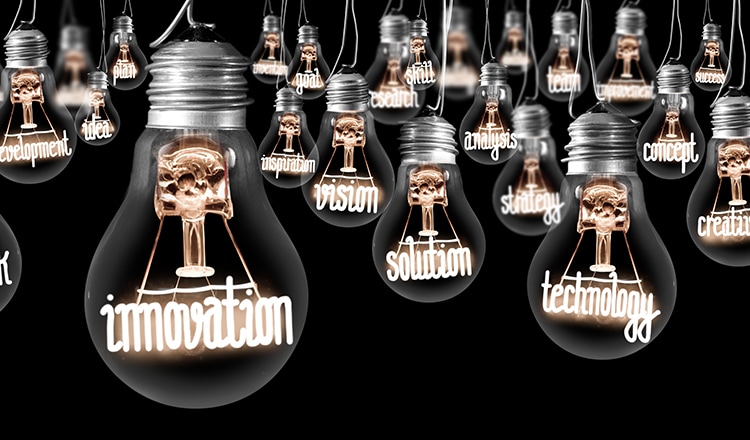Maybe you’ve heard the quotation “Winning isn’t everything—it’s the only thing.” Who actually said it depends on what web page you find yourself landing on, but it’s generally attributed to a legendary American football coach from the mid-20th century.
Winning, of course, is often the lens through which we understand both the past and the present. History divides the main characters into winners and losers, from the battlefields to the takeovers engineered in corporate boardrooms. What is your role in ensuring victory? What will you gain? And, more frightening, what will you lose if you, well, lose?
There is nothing unnatural in wanting to win and to dislike losing, but I wonder whether this mindset conditions us to see the world through a limiting “us versus them” prism, which in turn pushes us—and our society—into an ongoing, repetitive cycle of divisiveness, attack, and even hate.
My younger self reminds me that there is a way to change this mindset. Growing up, I played a lot of sports. But I was a terrible athlete, and consequently, I became a really good sport. This is because at the end of each game, which I was likely to lose, I needed to be able to go and eat ice cream with those who had beaten me. Being able to share that ice cream cone with the people on the other side mattered to me.
While we can’t take winning entirely out of the equation, I ask us to envision a new paradigm: Instead of putting the focus on winning, let’s think instead about what success looks like.
Marian Salzman
Senior Vice President, Global Communications, Philip Morris International *
This shift can go a long way for society—especially at a time when we need more cohesion and less division if we are to address the challenges ahead. For corporations, success in this context means:
- Embracing the belief that the bottom line and the common good are not incompatible.
- Building solutions that strengthen networks, fill gaps, and open doors to tackle inequalities.
- Putting your stakeholders, consumers, employees, and business partners at the center (your victory becomes less important than creating positive value for them).
- Steadfastness in the face of those who distrust your motives or push agendas based on old information.
This last one is especially important. Winning happens in an instant and can disappear almost as quickly. But transformative change takes time, commitment, and courage. It requires looking past the social media noise and the popular opinions and staking out new positions that chart different paths forward.
At PMI, in the face of familiar criticism and an empty well of trust we are only just beginning to refill, we have embraced a new vision that serves both our stakeholders and our consumers, as well as the communities in which we all work and live. We are no strangers to hostility, and we often hear from detractors who simply refuse to believe we want to improve—and more importantly, that we have improved—as we strive for a smoke-free future. But we have also seen time and again how insisting on dialogue and being open to engaging even with our fiercest critics can create room for progress.
There is one lesson that I keep coming back to: We should try to see the person in front of us not as an opponent or as different from us, but as an opportunity to gain new learning and perspective that can shape and expand our own. And I am encouraged to see that I’m not alone in believing this. In fact, 77 percent of respondents in a recent international survey commissioned by PMI agree that society’s biggest challenges will never be solved if we demonize and exclude those with whom we disagree. Exclusion is the enemy of progress. When we stop feeling threatened by one another, we can begin working to understand one another and to believe in each other’s intentions.
Yes, it’s harder to put differences aside when they are constantly reinforced through algorithms, virtue sharing, and a natural desire to pick the winning side. But the more the means that lead to those ends are informed by an open curiosity about those with whom we disagree, the more meaningful the outcomes will be.
In her book “Emergent Strategy: Shaping Change, Changing Worlds,” Adrienne Maree Brown writes: “Practice saying yes. When you are tempted to say no, try asking how. “How” is a collaborative question, inviting the creative process to keep going …” Collaboration is messy, and it often requires setting aside preconceived notions and working with unexpected partners. In the end, though, the canvas we will paint on will be larger, brighter, and more diverse, and the story it will tell will be one of mutual success.
Enough with keeping score. Instead of playing the game of life, let’s reimagine the aim of life. Let’s turn our passion, energy, and drive not into taking sides, but into taking strides to making the next normal a less hateful and more curious place to live and work.
* Marian Salzman was appointed SVP & Advisor to the CEO of PMI’s U.S. Business in September 2024.








